What’s tax got to do with it? Business, reporting and the SDGs
19 May 2022, 3:30 pm–5:00 pm
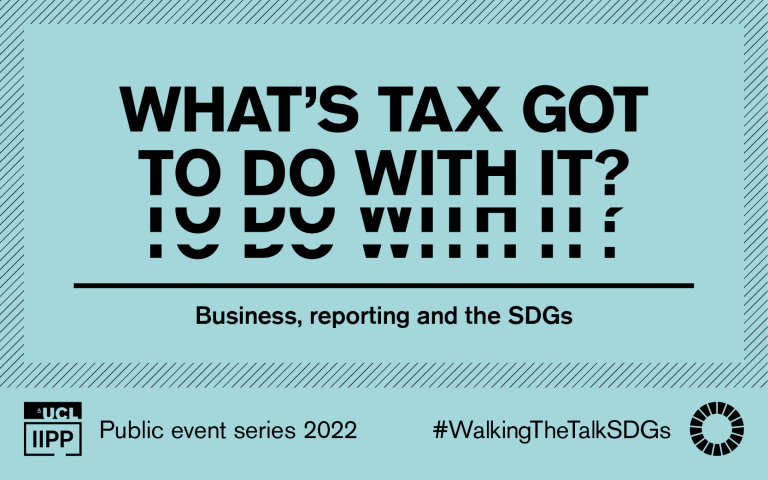
The UCL Institute for Innovation and Public Purpose (IIPP) invites you to join this discussion on 'What’s tax got to do with it? Business, reporting and the SDGs' as part of the 'Walking the talk: Getting serious about the UN Sustainable Development Goals' event series.
This event is free.
Event Information
Open to
- All
Availability
- Yes
Cost
- Free
Organiser
-
IIPP Comms
Join Dr Kate Roll, Assistant Professor in Innovation, Development and Purpose at IIPP as she chairs a panel discussion on 'What’s tax got to do with it? Business, reporting and the SDGs'. Joining the panel discussion will be, Dr Bernadette O'Hare, Senior lecturer in Global Health at the University of St Andrews, Prof. Kenneth Amaeshi, Chair in Sustainable Finance and Governance at the EUI's School of Transnational Governance, and Dr Waziona Ligomeka, United Nations Committee of Experts on International Cooperation in Tax Matters. Followed by questions from the audience.
This panel explores two areas of growing work and importance: firstly, the challenge of understanding and increasing the contribution of the private sector to the SDGs; and, secondly, the concomitant need to design and harness fiscal policy, particularly taxation, to advance the Sustainable Development Goals (SDGs). Panellists represent a diverse set of efforts to do this – ranging from estimating the effects of increased tax revenues on the SDGs in Malawi, to considering how to incentivise corporate SDG impact in Spain, and rethinking the contributions of corporations toward the SDGs in Nigeria.
This panel will outline the key issues in this space before taking deep-dives into the innovative work that is driving change. It will also examine tough questions around the use of incentives and disincentives, the challenges of measurement and localisation, and the advantages and limitations of reporting mechanisms.
Follow the conversation on Twitter using the hashtag #WalkingTheTalkSDGs.
About the Speakers
Dr Kate Roll
Assistant Professor in Innovation, Development and Purpose at UCL IIPP
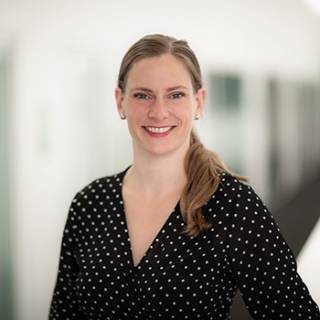
Dr Roll holds a DPhil in Politics (2015) and an MPhil in International Development Studies (2011; distinction) from the University of Oxford. Dr Roll’s doctoral fieldwork involved logging over 1,000 km on a motorbike, crisscrossing Timor-Leste to survey and interview over 220 registered former combatants – now one of the largest studies of its kind. Her BA from Brown University is in International Relations (2006; honours, Phi Beta Kappa), where her award-winning thesis focussed on how private military companies establish legitimacy.
More about Dr Kate RollDr Bernadette O’Hare
Senior lecturer in Global Health at University of St Andrews
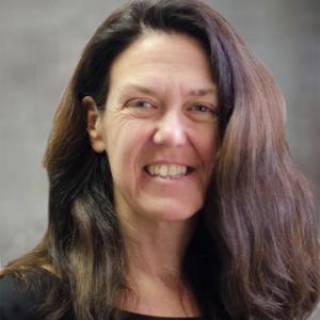
She has worked in several countries in sub-Saharan Africa as a paediatrician and public health doctor, most recently in Malawi from 2010-2015 full-time and 2016-present, part-time.
She is a Fellow of the Royal College of Paediatrics and Child Health (RCPCH), sits on the Working Group on Climate Change and chairs the International Strand. She joined the Scottish Global Health Co-ordination Unit, where she initiated the Active Global Citizenship strand of work and currently is the lead champion of academia. She sits on the Scottish Chief Medical Officers (CMO) Global Health Executive Committee. She formerly sat on the advocacy committee and the international board of the RCPCH and the Paediatric and Child Health Executive Committee (PACHA) in Malawi.
Dr O'Hare studies the global influences on government revenue in low- and middle-income countries and the impact on development and fundamental rights.
These influences include tax revenue, debt service, and military expenditure. She studies ways to quantify their impact on access to fundamental rights (water, sanitation, education and healthcare) and the number of lives saved or lost. This project is called the Government Revenue and Development estimations, GRADE.
More about Dr Bernadette O’HareProf. Kenneth Amaeshi
Chair in Sustainable Finance and Governance at EUI's School of Transnational Governance
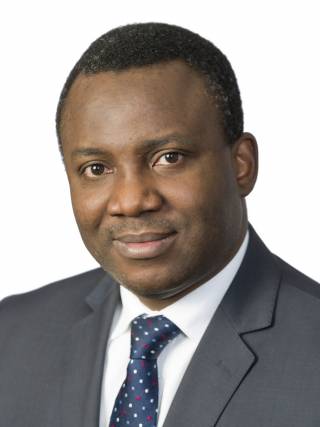
Kenneth's research interest currently focuses on financial market reforms and governance, as well as on sector-level policies for sustainability and sustainability strategy in organisations. He has an expert level knowledge of developing and emerging economies. His research has a very strong interface between business and society, particularly national governments in Africa, where he has an extensive network. Since 2015, he has significantly contributed to developing the intellectual foundations of Africapitalism – an economic philosophy for the development of Africa – and championed its mainstreaming in the global academia.
Besides teaching and researching, Kenneth works closely with businesses and governments in Africa, Europe, and Asia. He leads executive capacity building engagements and consultancy projects in the broad areas of sustainable finance, sustainability strategy, leadership, ethics, and governance for multinational corporations and institutions. He was recently a Scholar in Residence at the National Pension Commission, Nigeria.
More about Prof. Kenneth AmaeshiDr Waziona Ligomeka
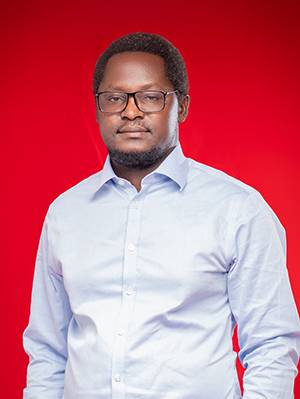
He has served in the Ministry of Finance of the Malawi Government in various positions, including chief economist in the Revenue Policy Division and special assistant to the Secretary to the Treasury. He has also worked as a training facilitator in tax research with the International Centre for Tax and Development (ICTD), a research institute based at the Institute of Development Studies (IDS) in the UK.
He holds PhD in Taxation from University of Sussex (UK), master’s degree in International Development Policy (Taxation) from Duke University (USA) and bachelor’s degree in economics from University of Malawi.
His research interests cover all aspects of tax policy and tax administration. Some of his publications include “Expensive to be a female trader: the reality of taxation female traders in Zimbabwe” and “Assessing the performance of African tax Administration: A Malawian Puzzle”.
 Close
Close

